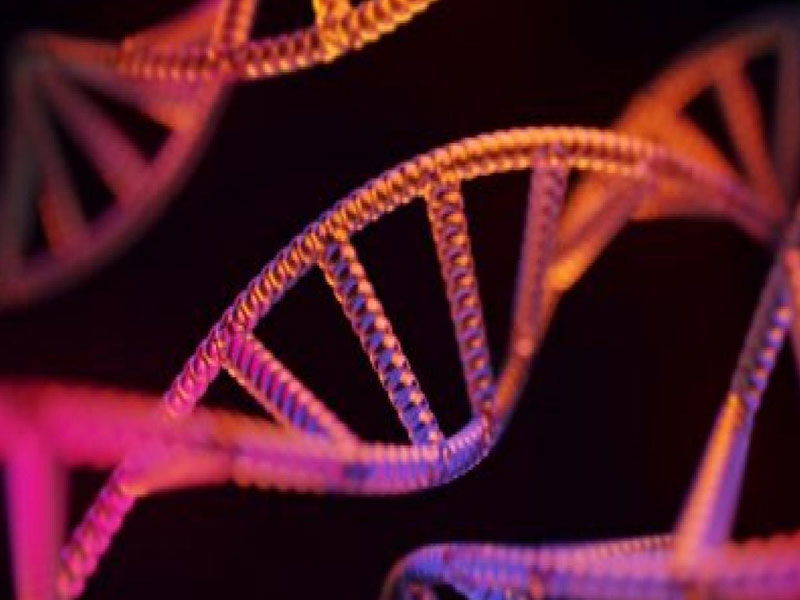UK becomes first to approve Casgevy genetic therapy for blood disorders
SOURCE: HTTPS://INTERESTINGENGINEERING.COM/
NOV 17, 2023
Google getting into genomics? It already is
SOURCE: NASDAQ.COM
SEP 08, 2021

Google parent Alphabet (NASDAQ:GOOG) has a long history of disruption and one that extends far beyond internet search and advertising.
As such, it's not surprising that the stock makes appearances in exchange traded funds such as the ARK Space Exploration and Innovation ETF (ARKX) and the ARK Autonomous Technology & Robotics ETF (CBOE: ARKQ).
Interestingly, while it isn't a member of the ARK Genomic Revolution Multi-Sector Fund (CBOE: ARKG), Google is relevant in the genomics landscape – something that may surprise many investors that are new to the genomics opportunity set.
“Last week, scientists at Google (GOOGL) and Pacific Biosciences (PacBio, PACB) published a deep learning algorithm called DeepConsensus (v0.1) that improves PacBio’s high-fidelity (HiFi) sequencing data for both research and clinical applications. Notably, DeepConsensus incorporates machine learning principles adapted from natural language processing (NLP),” according to ARK Invest research.
That ties directly into ARKG because the actively managed genomics fund allocates 5.06% of its weight to Pacific Biosciences. The stock is the third-largest holding in the ETF.
The Google/Pacific Biosciences relationship is the latest example of genomics companies applying disruptive technology, including machine learning, to enhance results on the next-generation sequencing (NGS) space. There are rewards in this equation for companies and patients because elevated use of technology can reduce errors.
“Eliminating errors, DeepConsensus generates faster, more cost-effective, and more accurate HiFi reads. In our view, their deep understanding of HiFi’s weaknesses was key to the researchers’ success,” adds ARK.
Adding to the allure of ARKG from a long-term perspective is that DeepConsensus can enhance genomics algorithms, potentially facilitating broader adoption throughout the healthcare ecosystem.
“According to the authors, DeepConsensus heuristics also might boost Oxford Nanopore Duplex long reads as well as algorithms used for decoupling mixed DNA samples batched together during a sequencing run. Both these applications involve aligning many similar sequences together to look for small differences,” concludes ARK.
One way of looking at the aforementioned scenarios is that as genomics continues its rapid pace of evolution, it's likely that more ARKG member firms will develop relationships with technology companies, particularly those with robust artificial intelligence (AI) capabilities.
LATEST NEWS
Augmented Reality
Hi-tech smart glasses connecting rural and remote aged care residents to clinicians
NOV 20, 2023
WHAT'S TRENDING


Data Science
5 Imaginative Data Science Projects That Can Make Your Portfolio Stand Out
OCT 05, 2022

SOURCE: HTTPS://INTERESTINGENGINEERING.COM/
NOV 17, 2023
SOURCE: HTTPS://GENETICLITERACYPROJECT.ORG/
SEP 05, 2023
SOURCE: HTTPS://WWW.SCIENCEDAILY.COM/
AUG 07, 2023
SOURCE: HTTPS://WWW.SCIENCEDAILY.COM/
JUL 24, 2023
SOURCE: HTTPS://NEWS.MIT.EDU
JUL 20, 2023
SOURCE: BIOSPACE.COM
OCT 27, 2022